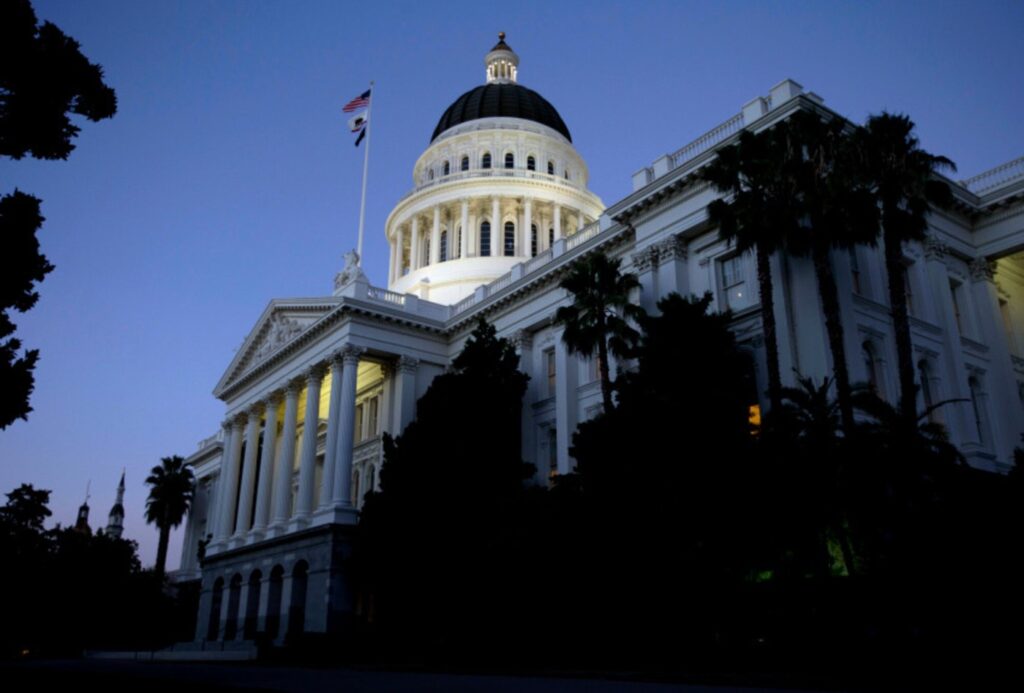
There’s no such thing as a temporary tax, at least not in California. That’s the only conclusion that can be drawn from Assembly Bill 241, the latest attempt to renew a “temporary” increase in vehicle registration fees.
This temporary tax began its existence about 15 years ago with the passage of Assembly Bill 118, titled the California Alternative and Renewable Fuels, Vehicle Technology, Clean Air and Carbon Reduction Act of 2007. The law raised the “smog abatement fee” from $12 to $20 and directed the money into two new accounts in the state treasury, the “Alternative and Renewable Fuel and Vehicle Technology Fund” and the “Air Quality Improvement Fund.”
The tax in AB 118 was set to expire in 2016, but state lawmakers passed Assembly Bill 8 in 2013 and extended the tax increase until 2024. They also quietly removed a provision that imposed some accountability for the spending by requiring the California Energy Commission and the Air Resources Board to “assess alternative fuel use” to see how the program was progressing. No assessment necessary, the Legislature seemed to say, we just want the money.
Related Articles
Why do California’s progressives want to gut our direct democratic tools?
Decarceration movement hits a speed bump in Los Angeles County
California cracks down on press access, our right to know
Douglas Schoen: Democratic wins in midwestern elections offer the party a roadmap for 2024
The wrong kind of security guarantee for Ukraine
Now Assembly Member Eloise Gomez Reyes has introduced Assembly Bill 241 to extend the tax again, until 2035, and expanding the program so the money can be spent differently. This time the bill is called “Clean Transportation Program – Air Quality Improvement: Funding.”
While that sounds very poll-tested and appealing, the truth is that the bill continues a tax increase and allows the Legislature to hand out the money for “projects” that comply with the program’s vague goal, to “drive new technology investments.”
In the spirit of no accountability, “projects” costing less than $75,000 can be approved without the bother of a noticed public meeting of the commission. The executive director or a designee can simply approve the spending.
This is just a taxpayer funded pot of money for politicians to hand out. It’s likely the cash will go to favored supporters, and probably to fund projects that private investors had already turned down.
Government-funded “innovation” at best is high-tech crony capitalism; at worst it’s a wasteful game that diverts taxpayer dollars from the basic public services that taxpayers count on government to provide.
